


The opposition in South Korea won the election by attacking the ruling party as "pro-Japanese." Despots in China, Russia, and North Korea would welcome that.
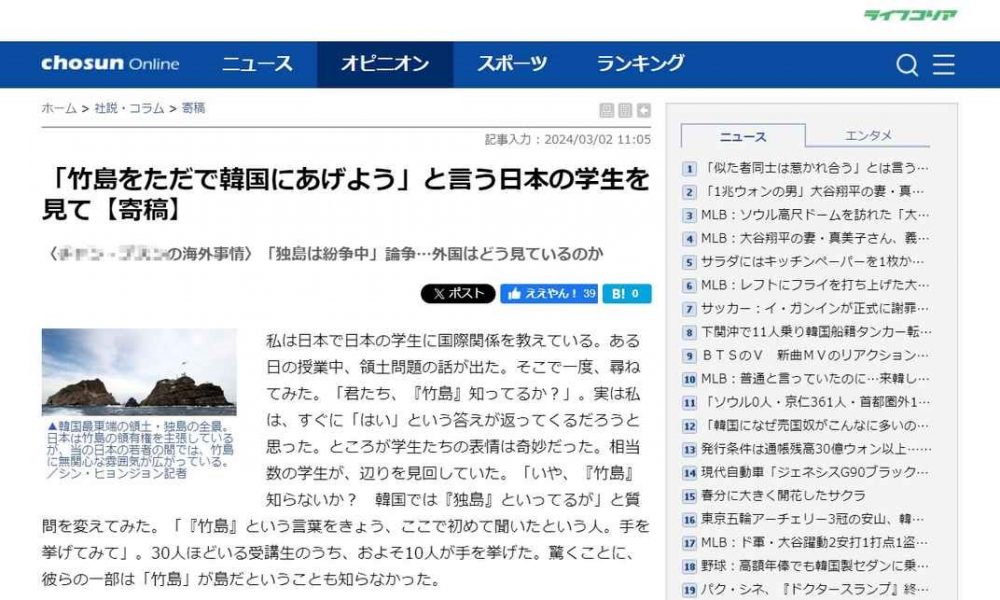
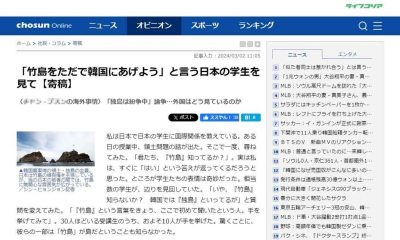

A recent Chosun Ilbo article by a university professor in Japan backs South Korea's claims to Takeshima. Historian Masao Shimojo analyzes the historical facts.
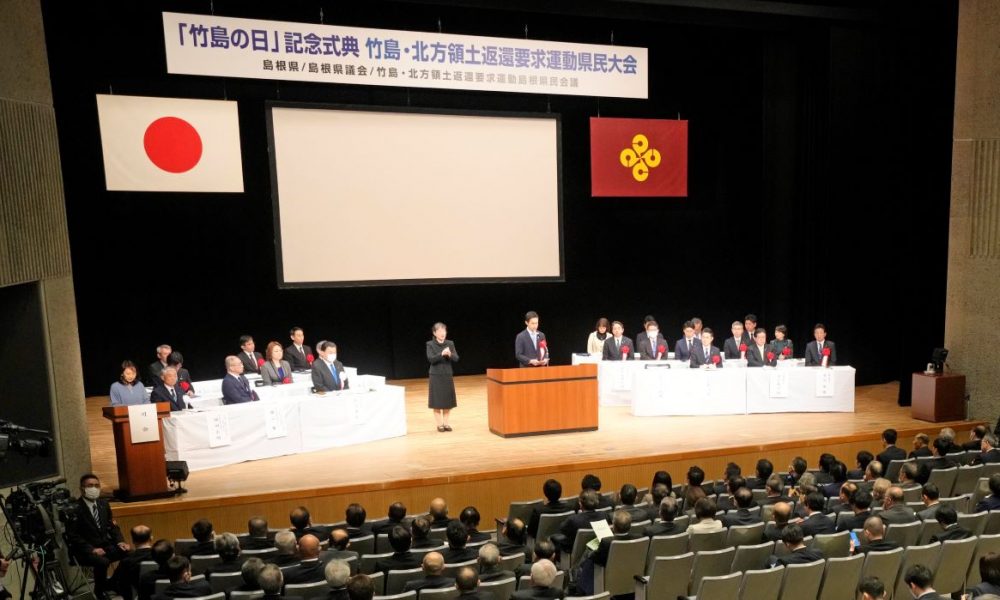
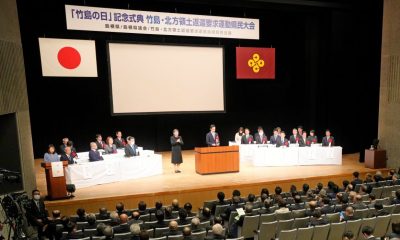

The government should not look away from the current situation in which Japan's sovereignty over Takeshima continues to be violated by South Korea.
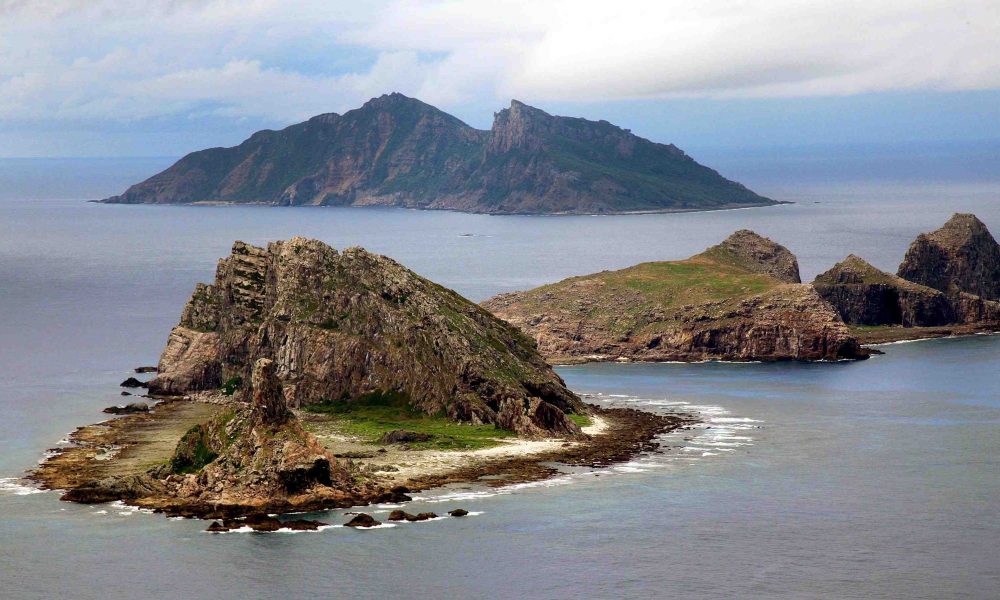
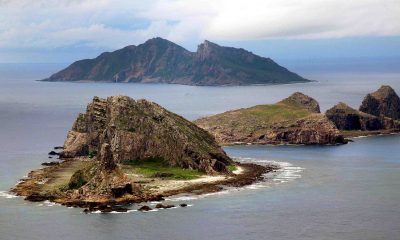

Japan has 3 territorial problems with her neighbors: Senkaku Islands, Takeshima, and the Northern Territories. We examine their merits under international law.
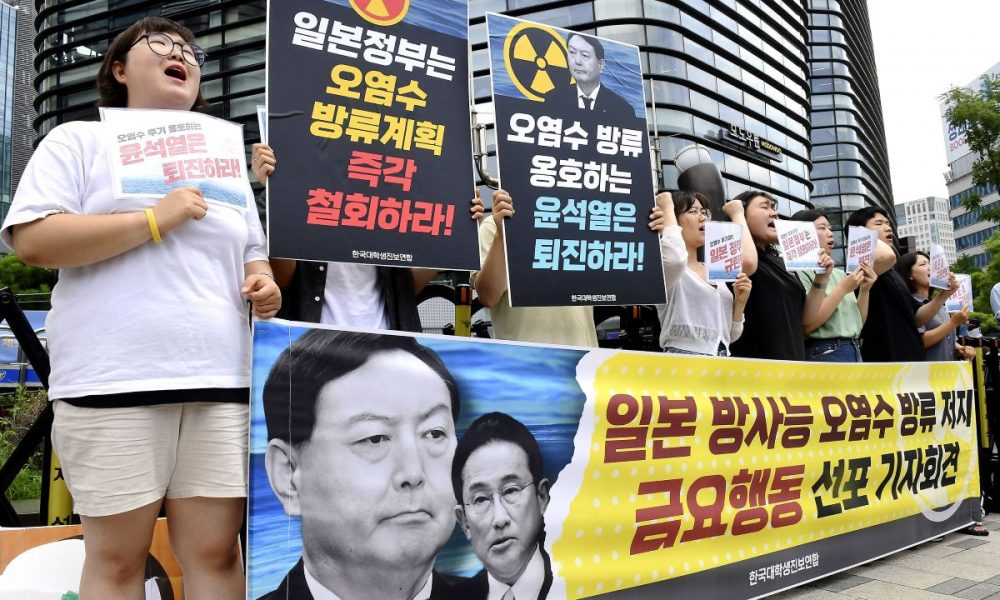


What is really behind the frenzy stirred up by South Korean opposition politicians, comfort women groups and media who are loudly protesting the Fukushima plan?
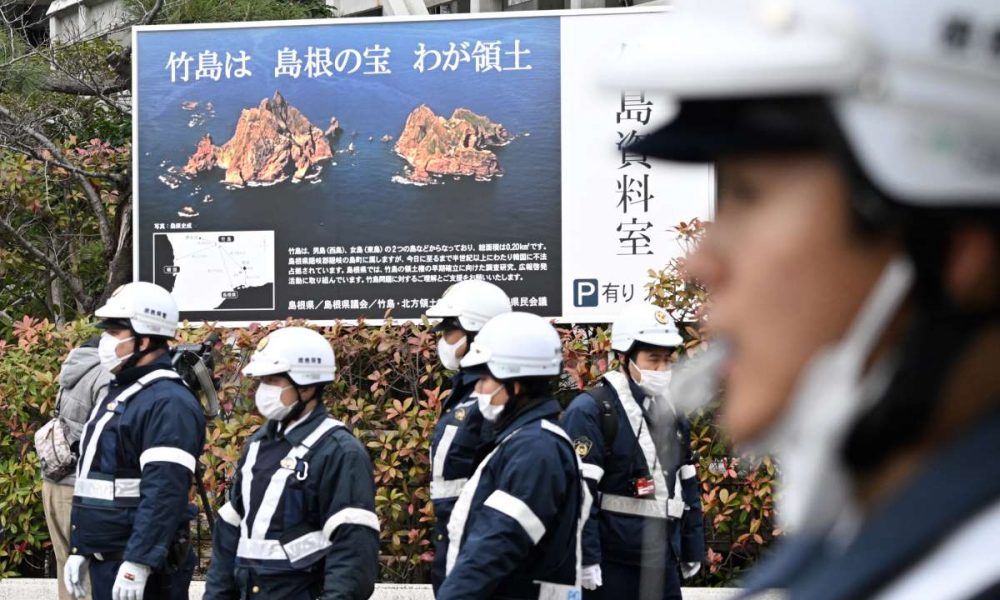
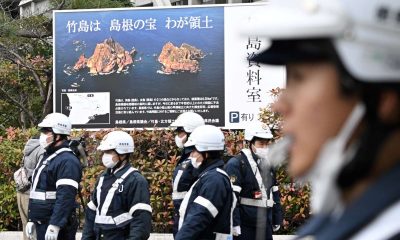

The annual Takeshima Day remains a prefectural event. In fact, no cabinet ministers have ever attended the annual ceremony in Matsue.
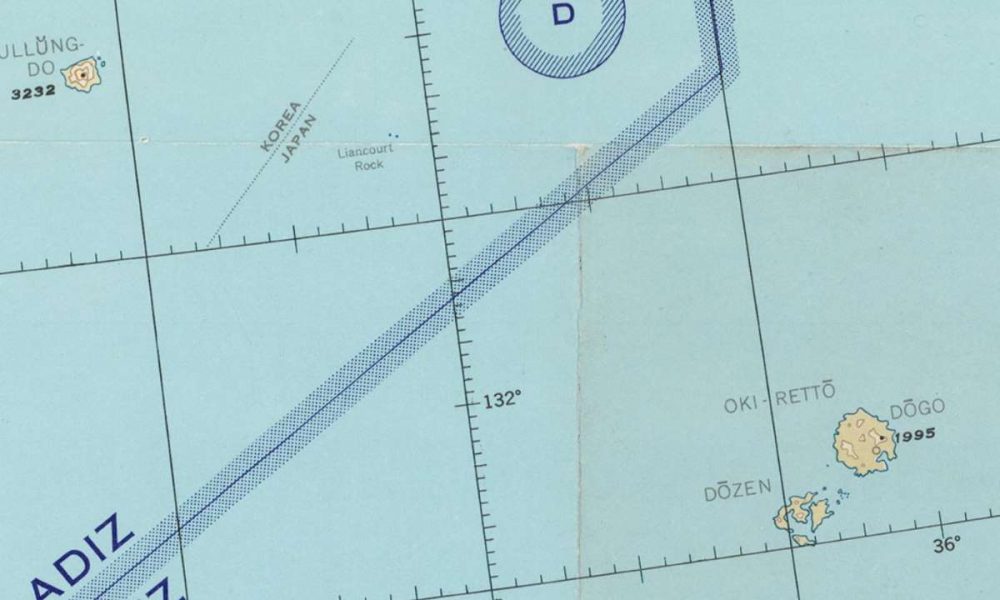


A trove of official Japanese and American postwar maps provides overwhelming evidence that Takeshima has historically been recognized as Japanese territory.
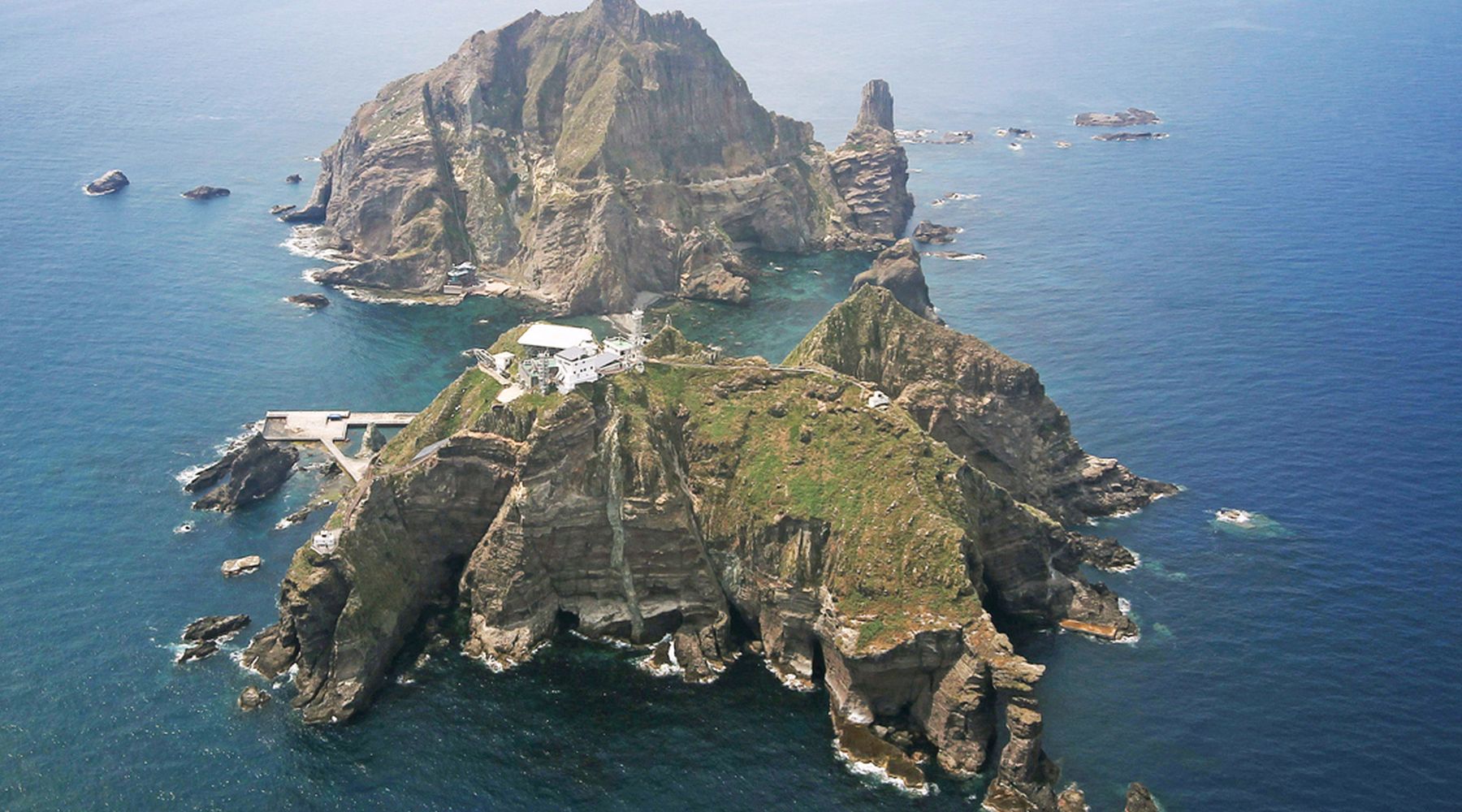

Like the "My Number Card" has shown, incentives work. Using mutual love of J-pop and K-pop, Japan and South Korea can turn around their relationship.



Japan’s reluctance to take substantive countermeasures to stop these incursions seems only to encourage Seoul’s illegal maritime buildup.
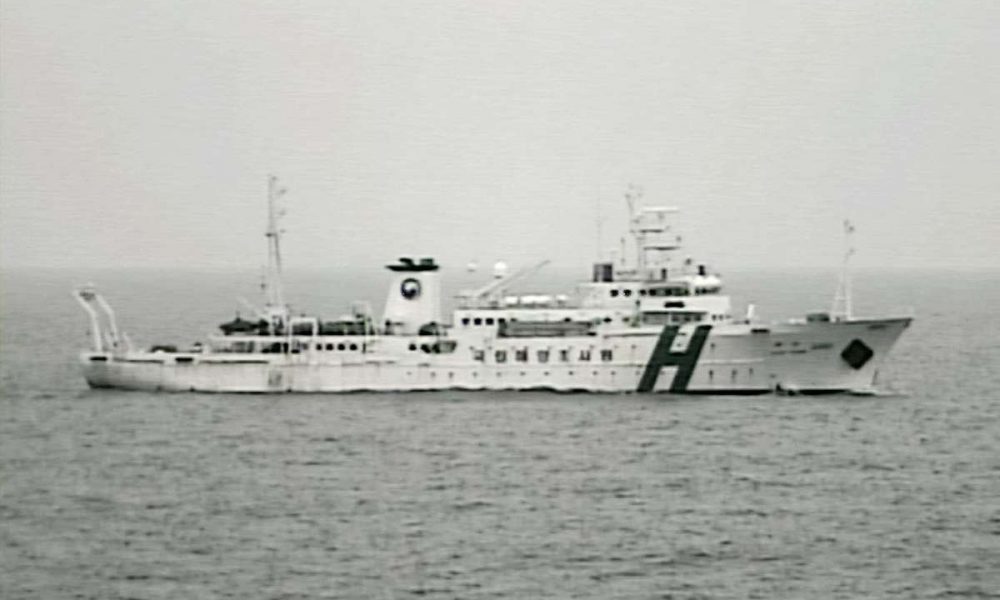
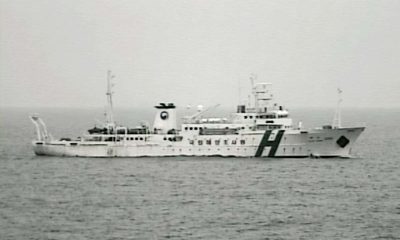

A Japan Coast Guard official noted, “This behavior seems to contradict their professed desire for an improvement in Japan-South Korea ties.”
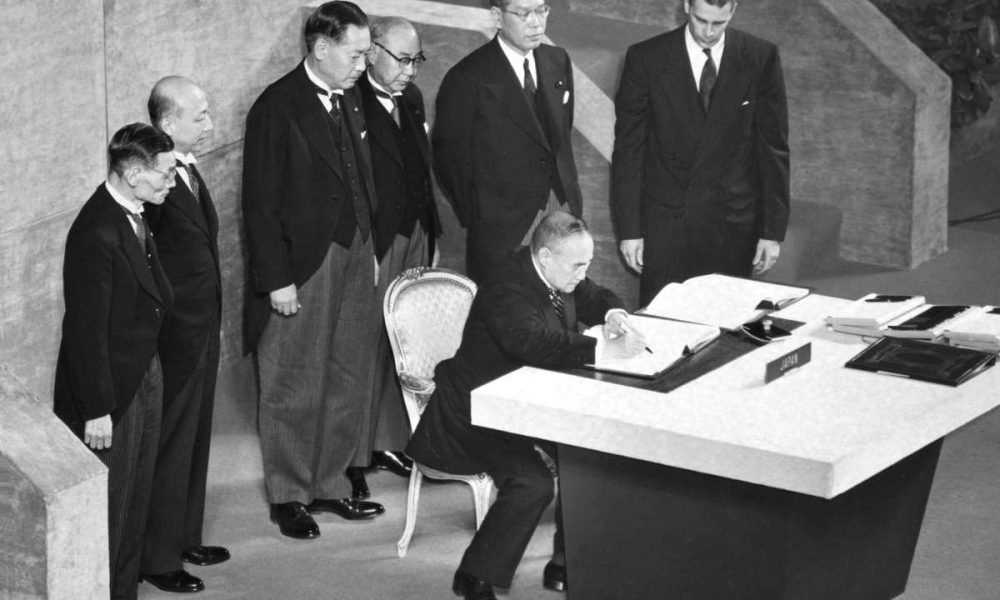


Japan is still unable to revise its Constitution, which was created while it had no sovereignty ー even though sovereignty was restored 70 years ago.



South Korea funded a foundation to promote its anti-Japan historical perspective, and Japan should counter this with its own research institute.